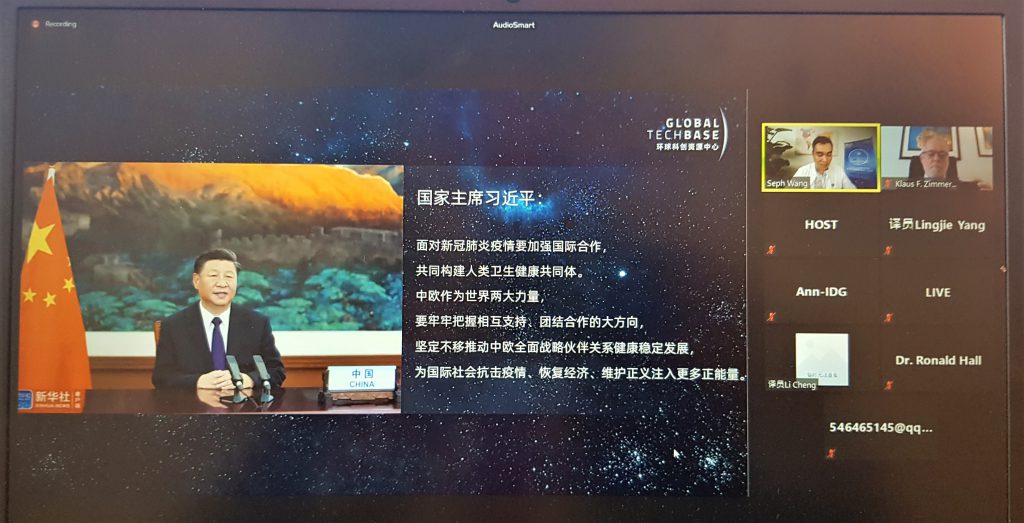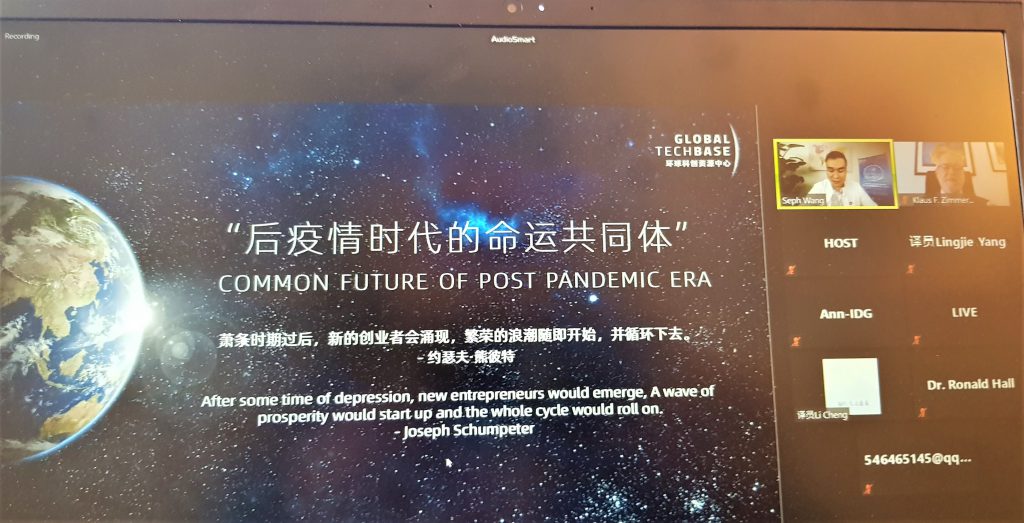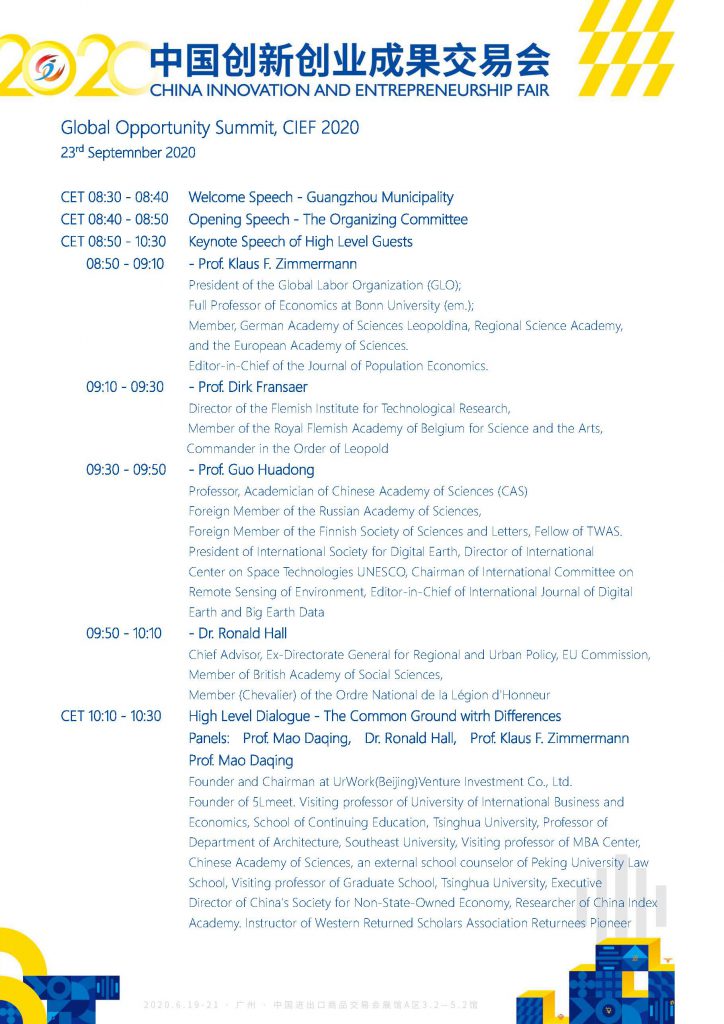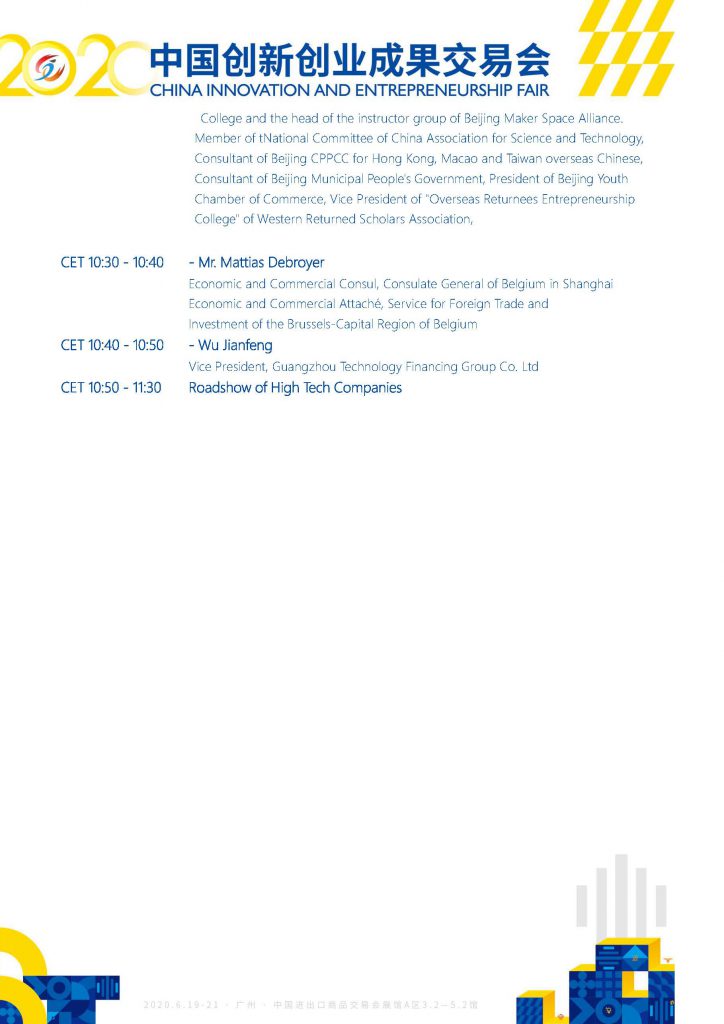A new GLO Discussion Paper contributes to the rising literature on the impact of natural light on economic behavior. Using Daylight Saving Time as a natural experiment it finds that the increase of light has reduced crime in Montevideo strongly.
The Global Labor Organization (GLO) is an independent, non-partisan and non-governmental organization that functions as an international network and virtual platform to stimulate global research, debate and collaboration.

GLO Discussion Paper No. 663, 2020
The Unequal Impact of Natural Light on Crime – Download PDF
by Tealde, Emiliano
Accepted for publication in the Journal of Population Economics.
GLO Fellow Emiliano Tealde
Author Abstract: This paper studies the relationship between ambient light and criminal activity. A Becker-style crime model is developed where it is shown that in areas with less public lighting a sudden increase in ambient light produces a higher reduction in crime. The Daylight Saving Time, the natural experiment used, induces a sharp increase in natural light during crime-intense hours. Using geolocated data on crime and public lighting for the city of Montevideo in Uruguay, regression discontinuity estimates identify a strong and statistically significant decrease in robbery of 17-percent. The decrease is larger in poorly lit areas. Computing the level of public lighting at which DST has no effect on crime reduction, we identify the minimum level of public lighting that an area should target.

GLO Discussion Papers are research and policy papers of the GLO Network which are widely circulated to encourage discussion. Provided in cooperation with EconStor, a service of the ZBW – Leibniz Information Centre for Economics, GLO Discussion Papers are among others listed in RePEc (see IDEAS, EconPapers). Complete list of all GLO DPs – downloadable for free.
Ends;



















